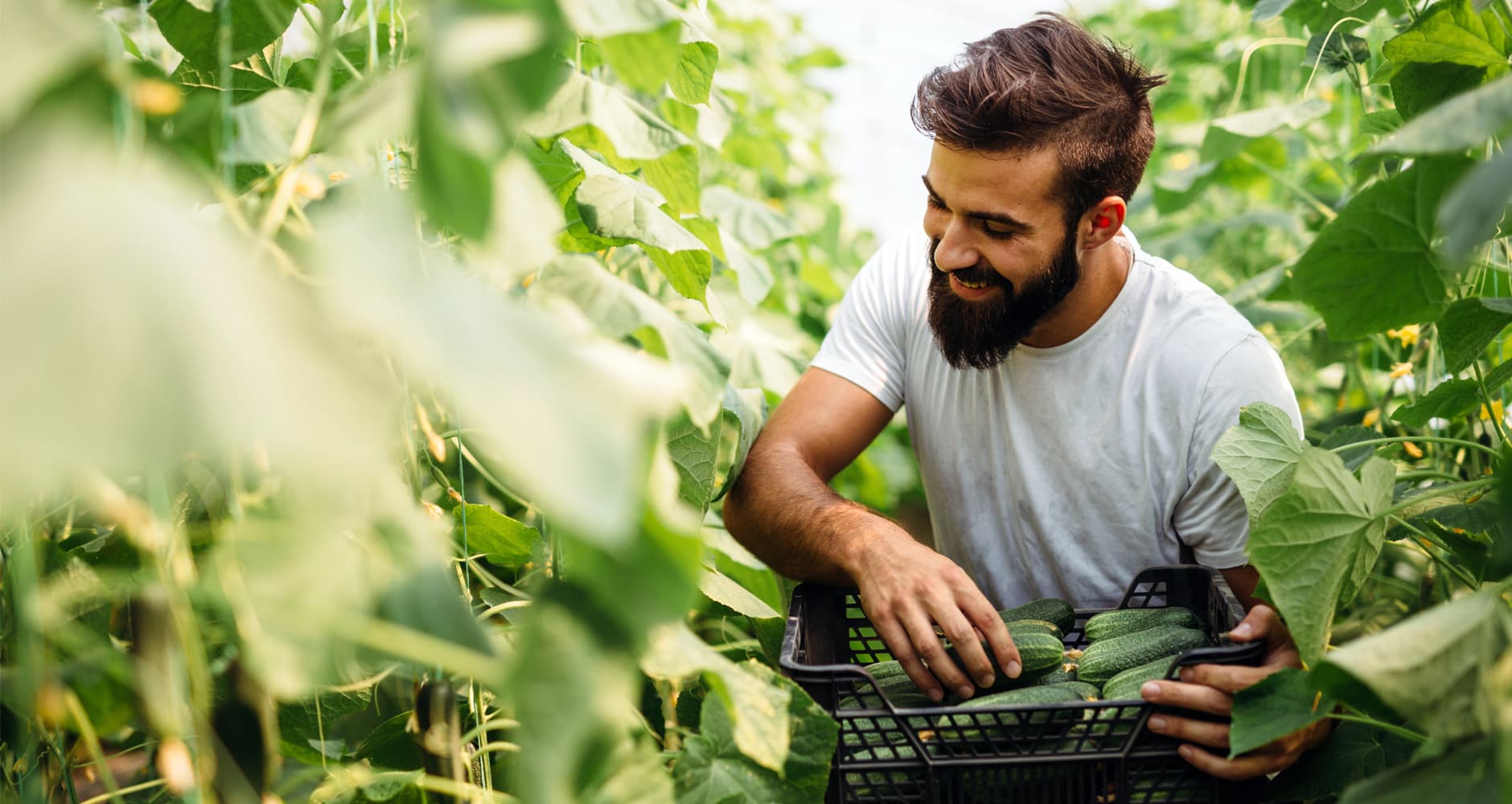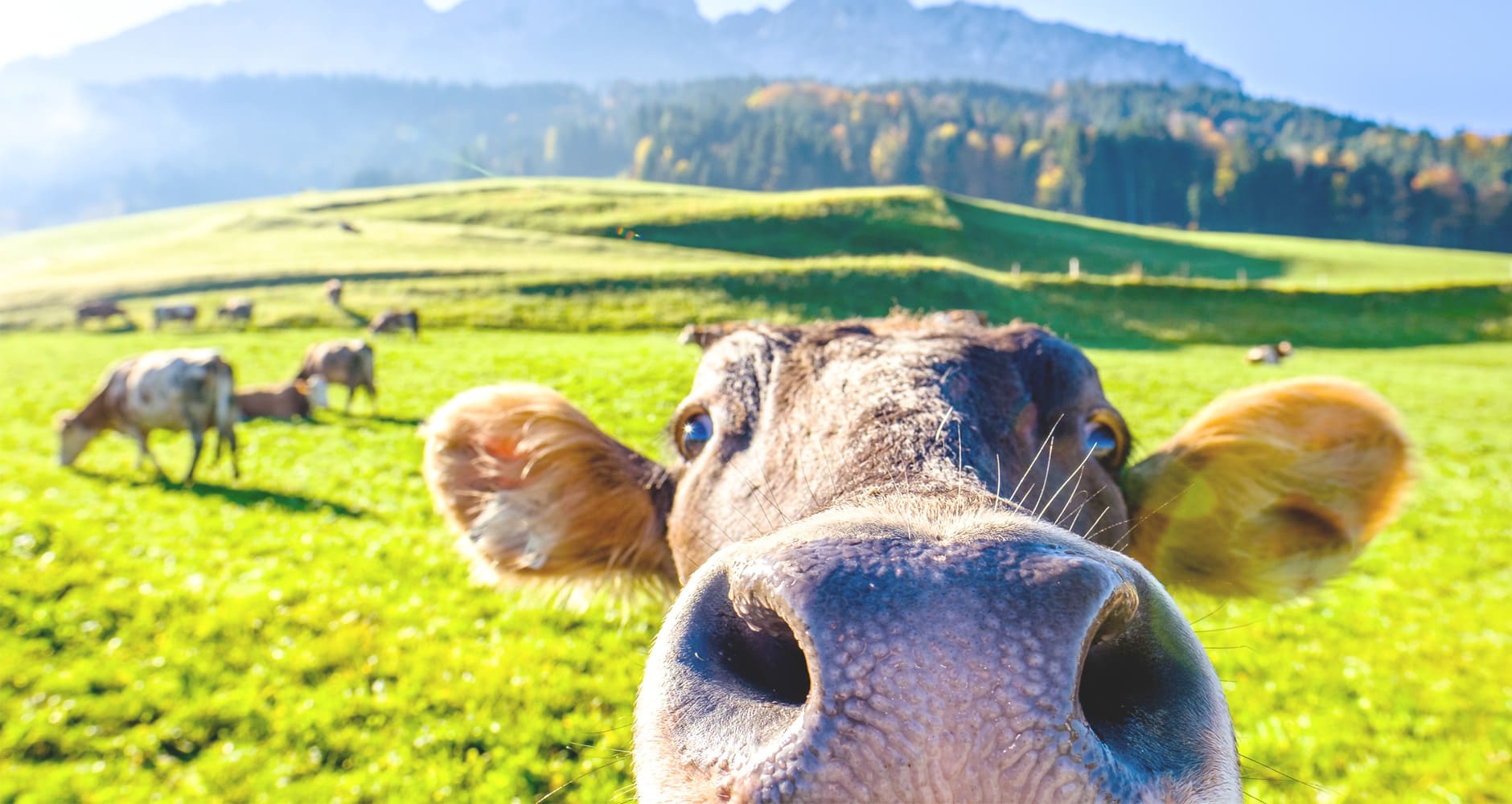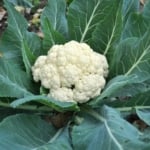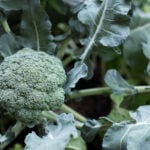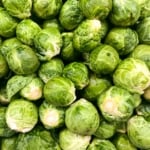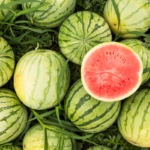Certified Organic: What Does The Label Mean?
The organic food market is currently a nearly $50 billion industry. But not all U.S. farms can be organic even if they don't use pesticides to grow food. So what does that mean exactly? We explain.
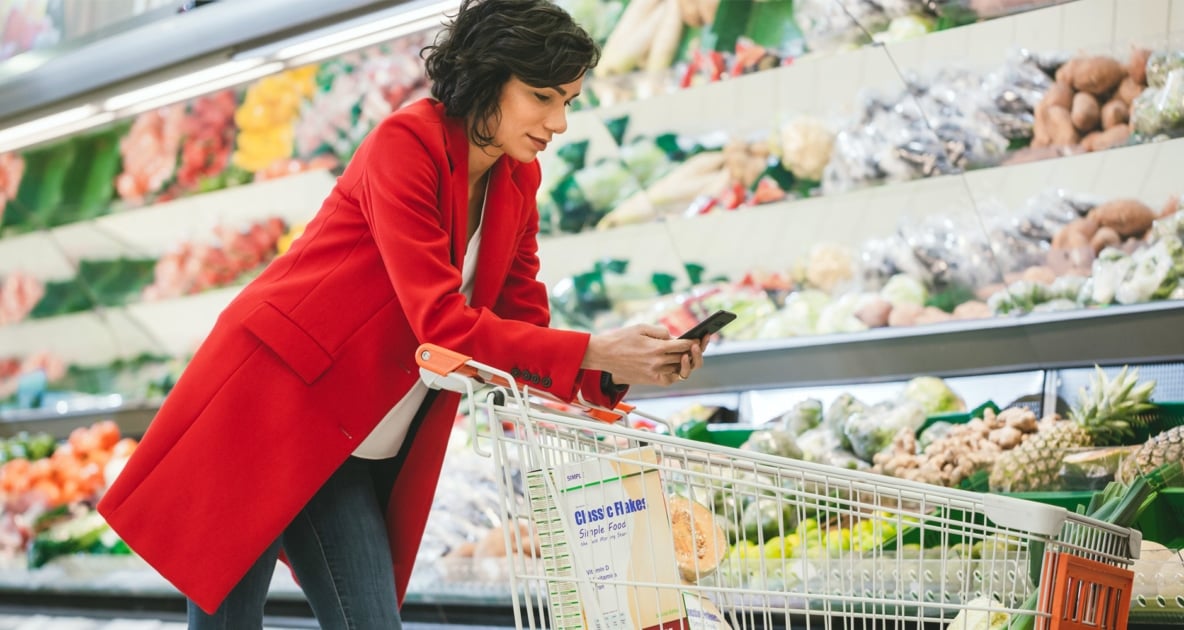
“Organic” is everywhere it seems, and what was once a $1 billion industry in 1990 grew to a $62 billion one in 2020, according to the Organic Trade Association (OTA). People choose “organic” because they want to feed their family food grown without chemical fertilizers or pesticides. While more than 16,500 farms are certified organic, that is a mere fraction of the 2 million farms in the United States. But what does it mean when a label says “certified organic?”
What’s In A Label?
According to the OTA, the organic label, unlike other eco-labels, is backed by a set of rigorous federal production and processing standards which require products bearing the USDA organic label to be “grown and processed without the use of toxic and synthetic pesticides and fertilizers, genetic engineering, antibiotics, synthetic growth hormones, artificial flavors, colors, preservatives, sewage sludge, and irradiation.”
The basis of organic’s legal meaning stated above stems from its ecological one, defined here by the Food and Agriculture Organization of the United Nations: “a system that relies on ecosystem management rather than external agricultural inputs. It is a system that begins to consider potential environmental and social impacts by eliminating the use of synthetic inputs… ” to maintain and increase long-term soil fertility and prevent pests and diseases.
How Farms Become Certified Organic Farms
Becoming a certified organic farm is a demanding process, with the OTA saying, “Organic is the most heavily regulated and closely monitored food system in the U.S.”
How so?
Extension.org has detailed information on what it takes to achieve organic standing, with requirements that include:
- Strict USDA enforcement of regulatory standards
- Annual audit of accredited agencies
- Submission of an Organic System plan (aka Farm Plan) to detail practices
- Detailed records tracking all products
- Maintaining organic integrity to eliminate cross-contamination
- No GMOs, synthetic fertilizers or pesticides, preventative antibiotics, growth hormones, or artificial flavors, colors or preservatives
Also, land, where a prohibited substance has been used, must have a three-year period meeting organic standards before harvest.
Top Ten States With Organic Farms
Who tops the nation in organic production? In 2019, the USDA reported that 5.5 million acres of the US were used for organic production. The top 10 of the nation’s leading organic states are:
1. California – 3,012 certified organic farms
2. Wisconsin – 1,364
3. New York – 1,321
4. Pennsylvania – 1,048
7. Ohio – 785
5. Iowa – 779
6. Washington – 745
8. Vermont – 655
9. Minnesota – 635
10. Indiana – 595
In the last decade, southern states have seen the most growth in the establishment of organic farms. Pew Research Center cited Arkansas as an example, which had 10 organic farms in 2011 and ballooned to 64 in 2019, a 540 percent jump.
Top Organically Farmed Foods
Can you guess what the No. 1 organic food is? In 2022, berries topped the list! Here are the top 10:
- Berries
- Carrots
- Apples
- Spinach
- Tomatoes
- Avocados
- Oranges
- Kale
- Lemons
See the list of the “Dirty Dozen”
Why Is Organic So Expensive?
One question that regularly pops up is “Why does organic cost so much more?”
The Organic Farming Research Foundation points out what’s inherently different about organic farming: “… the organic price tag more closely reflects the true cost of growing the food: substituting labor and intensive management for chemicals. These costs may include cleanup of polluted water and remediation of pesticide contamination.”
Next time you shop organic, you’ll know the work that went into making it so.

Janine Pineo
Janine Pineo has been gardening all her life in Maine and writing about it for more than two decades. More of her writing can be found on her website, GardenMaine.com.

